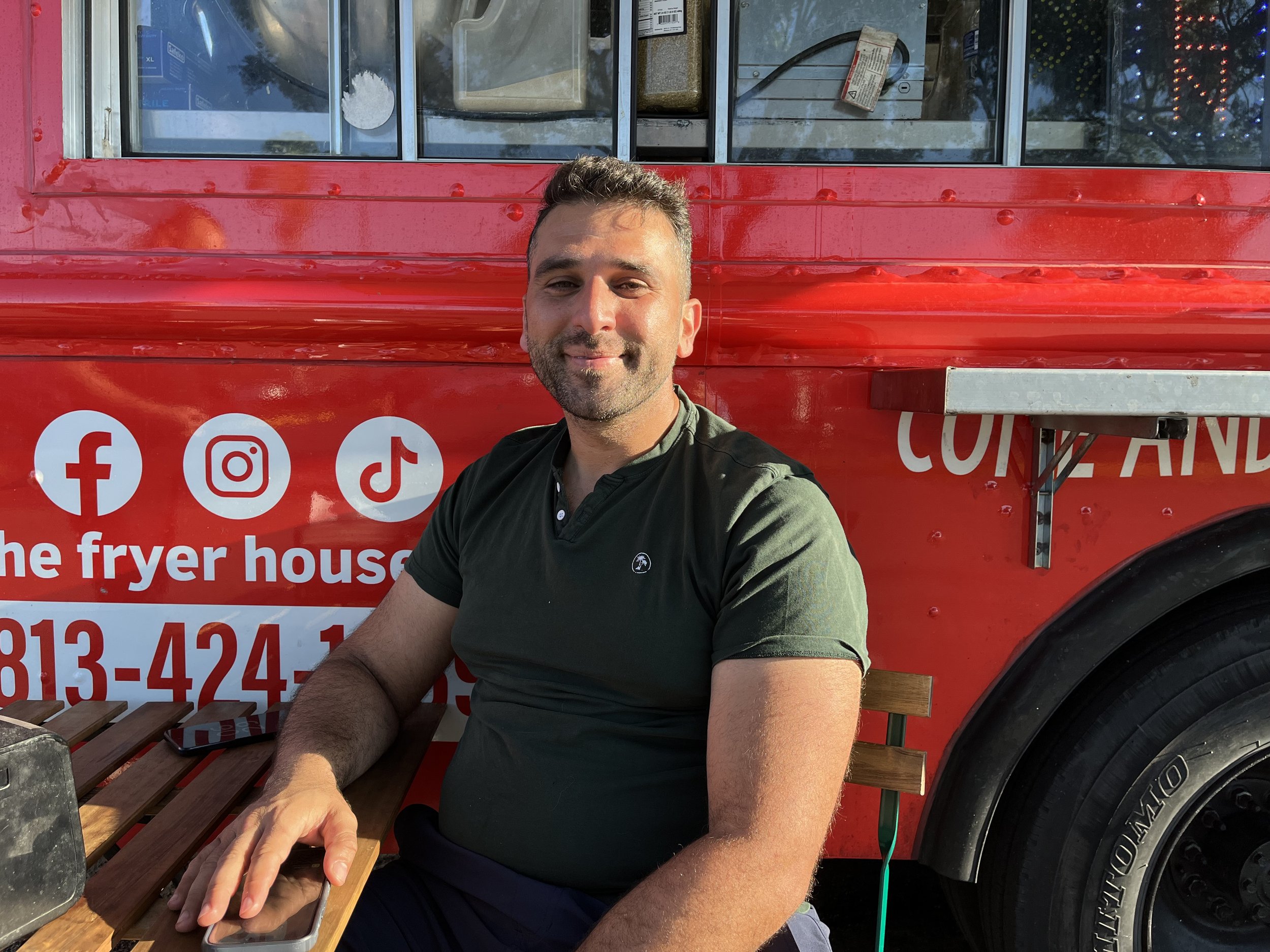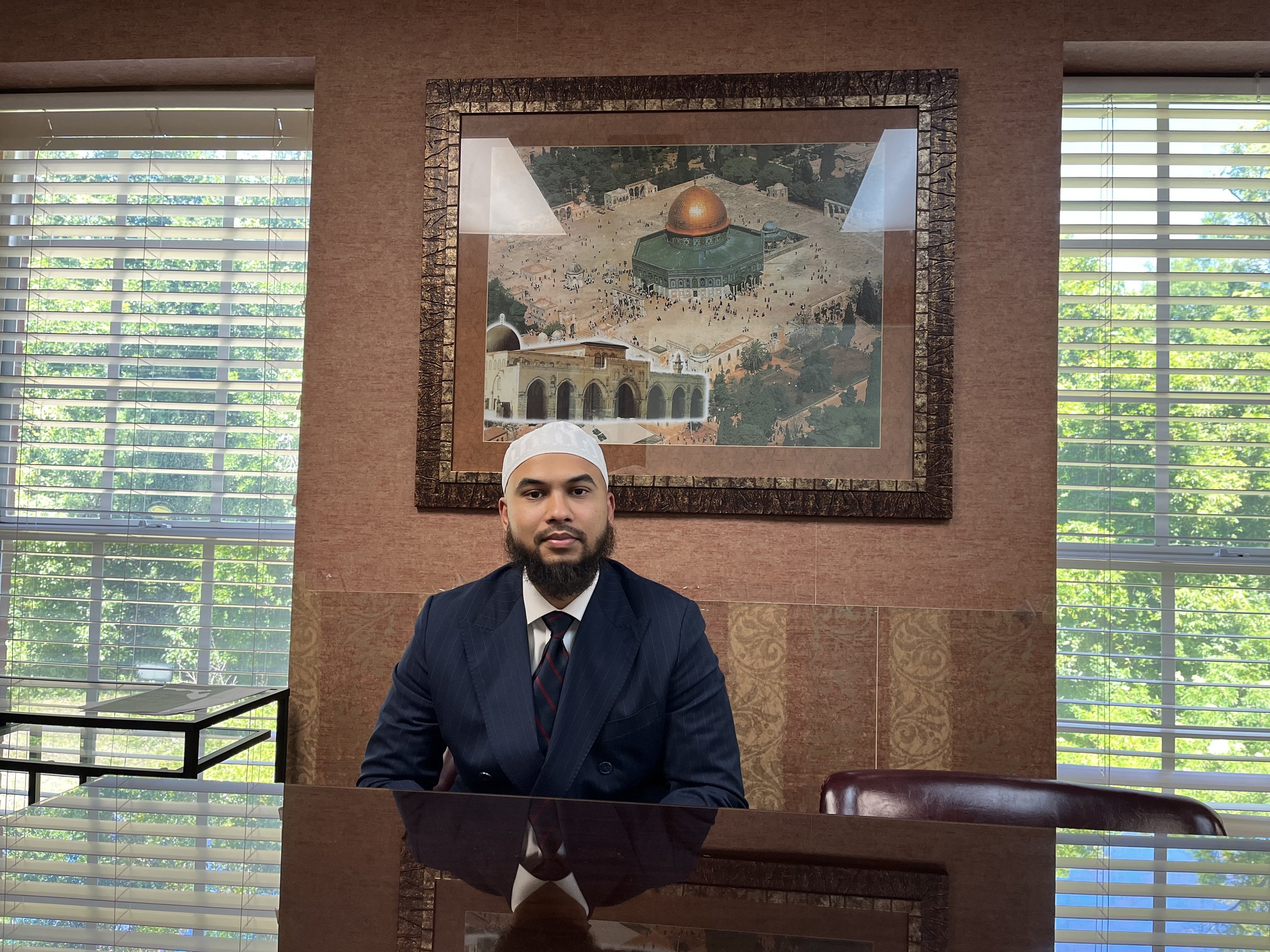In the lead-up to the 2024 elections, white Christian nationalists and “MAGA evangelicals” are sucking up a lot of the air in the religion media space.
And for good reason. As Tobin Miller Shearer of the University of Montana wrote for The Conversation:
In the 2016 race, evangelical voters contributed, in part, to Republican nominee Donald Trump’s victory. Those Americans who identified as “weekly churchgoers” not only showed up at the polls in large numbers, but more than 55% of them supported Trump. His capture of 66% of the white evangelical vote also tipped the scales in his favor against his Democratic rival, Hillary Clinton.
Evangelicals look set to support the former president in outsized numbers again — with a Pew Research Survey indicating 82% of white evangelical Protestants are likely to vote for Trump in November — and a significant “subset of Christian nationalists, which some suggest amounts to roughly 10% of the US population,” are rallying around him as they push “for Christianity to be the official, dominant religion of the US.”
But religious Americans from other backgrounds and traditions, such as Catholics, mainliners and Black Protestants — whom Bob Smietana and Jack Jenkins of RNS called “swing state faith voters” — could also prove critical to electoral victory due to their influence in key swing states.
In this edition of ReligionLink, we offer a roundup of stories, perspectives and sources from a broad swath of faith constituencies around the U.S., addressing questions such as: How might Hindus be approaching local and state elections? How might Muslims in swing states prove decisive for the Electoral College? How might the nonreligious approach key ballot issues differently from others?



